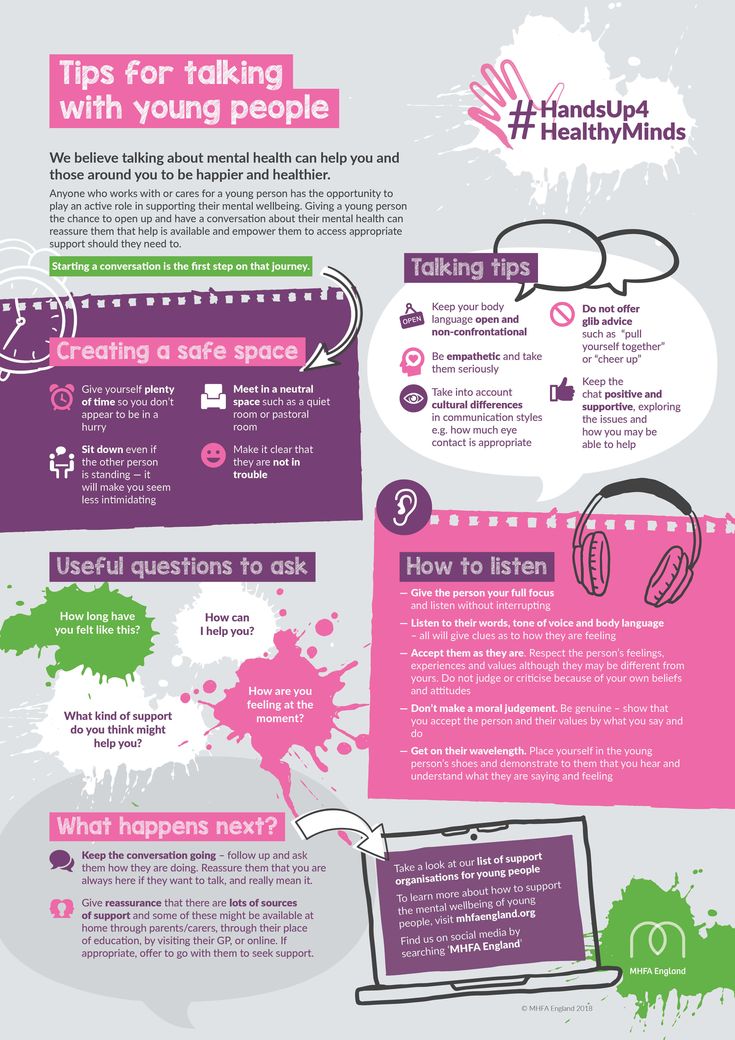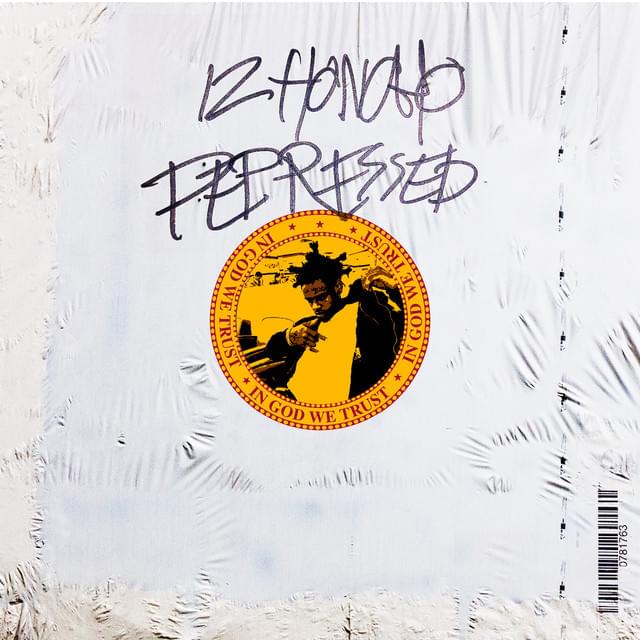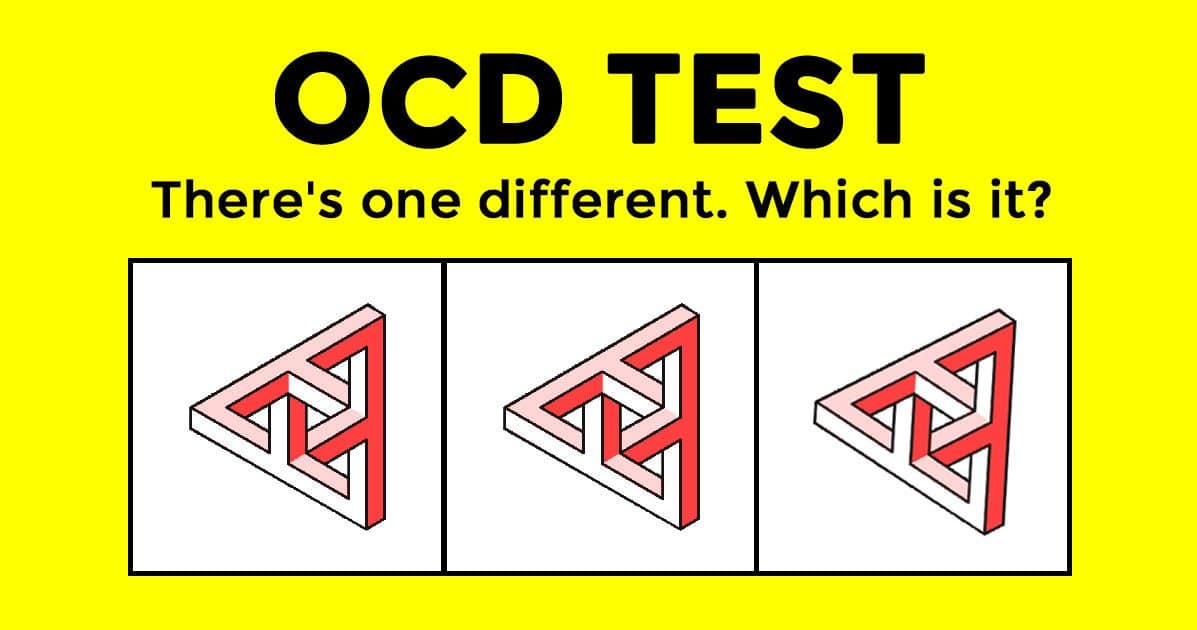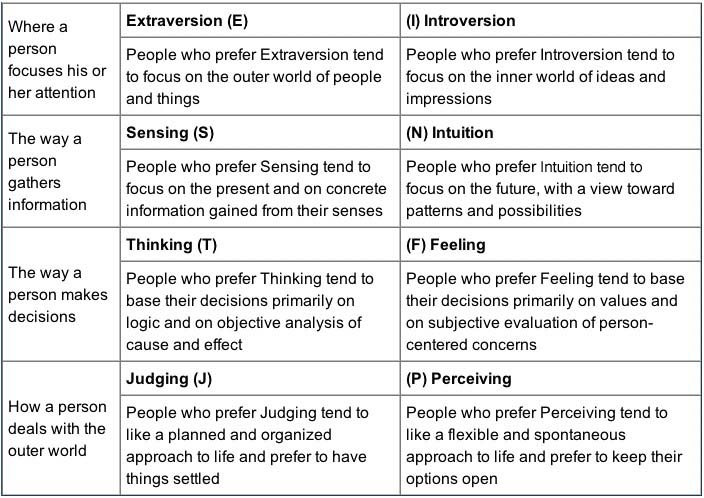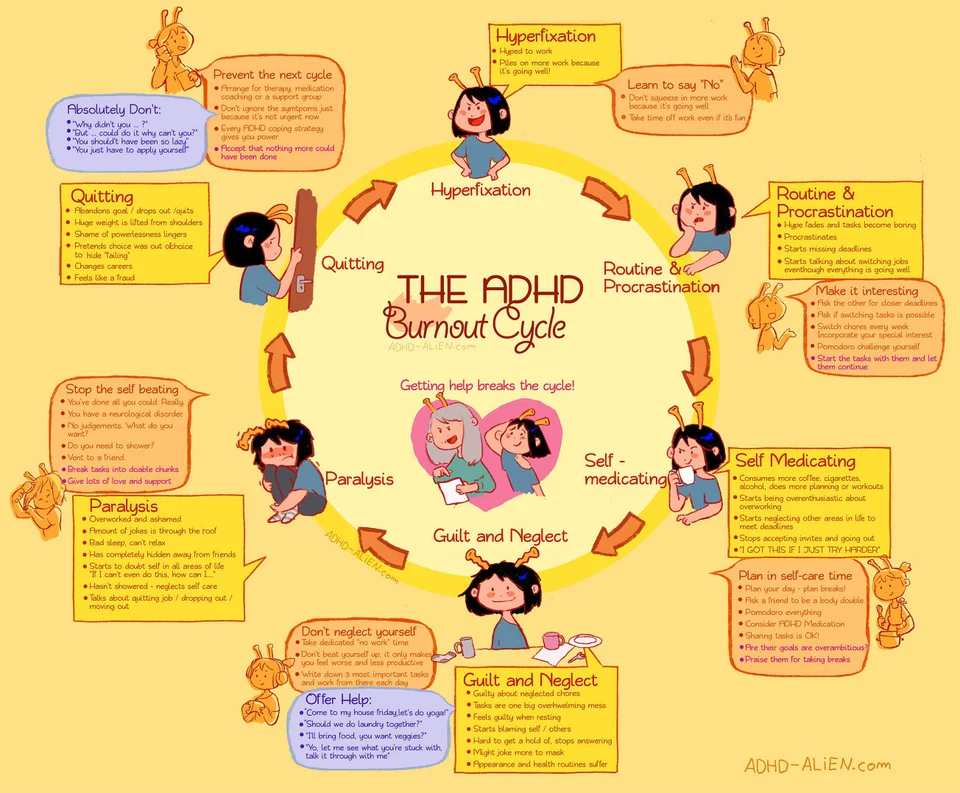Group personality types
7 Personality Types That Make a Well-Rounded Team
Working with a team of people can be exhilarating—and challenging. Aside from the chemistry of personalities and work styles that affect a group dynamic, there’s also the territorial play. We don’t mean to get all Wild Kingdom on you, but we humans are territorial beings. In the biz world, this means that when individual roles and responsibilities aren’t well-defined, individuals get testy, the team dynamics go haywire and the project suffers as a result.
Popular theories say a high-performing team is comprised of both distinctly defined roles and a well-rounded collection of personality archetypes. Here’s a guide to 7 personality types that complete a successful team.
The leader
Common wisdom: Before you begin any project, have an established leader. This person is responsible for mediating conflicts, facilitating communications between team members, and keeping everyone on course. The leader will schedule and guide the course of meetings, but that doesn’t mean being the
only speaker, or leading all the meetings. A good leader knows how to delegate and let go of the reins.
You can recognize leadership qualities in people who have strong communications skills, a clear and expansive vision of the project’s end-result, and the ability to motivate others.
The team player
Team players are identified by their enthusiasm to work together for a common good. They’re usually eager to help, willing to compromise and diplomatic. They might not the biggest initiators in the world, but you can rely on team players to follow-through on tasks and to willingly settle conflicts with their calming demeanor (they’re sort of like the glue of the group). This type doesn’t exclude other roles from being strong team players, but the team player archetype values group camaraderie and success over the individual prize.
The researcher
The researcher types—who show up in sales, IT, support, marketing, content, etc.—are always asking questions and then finding their own answers. If you need more information to complete your project, it’s important to have a strong researcher who can get it for you.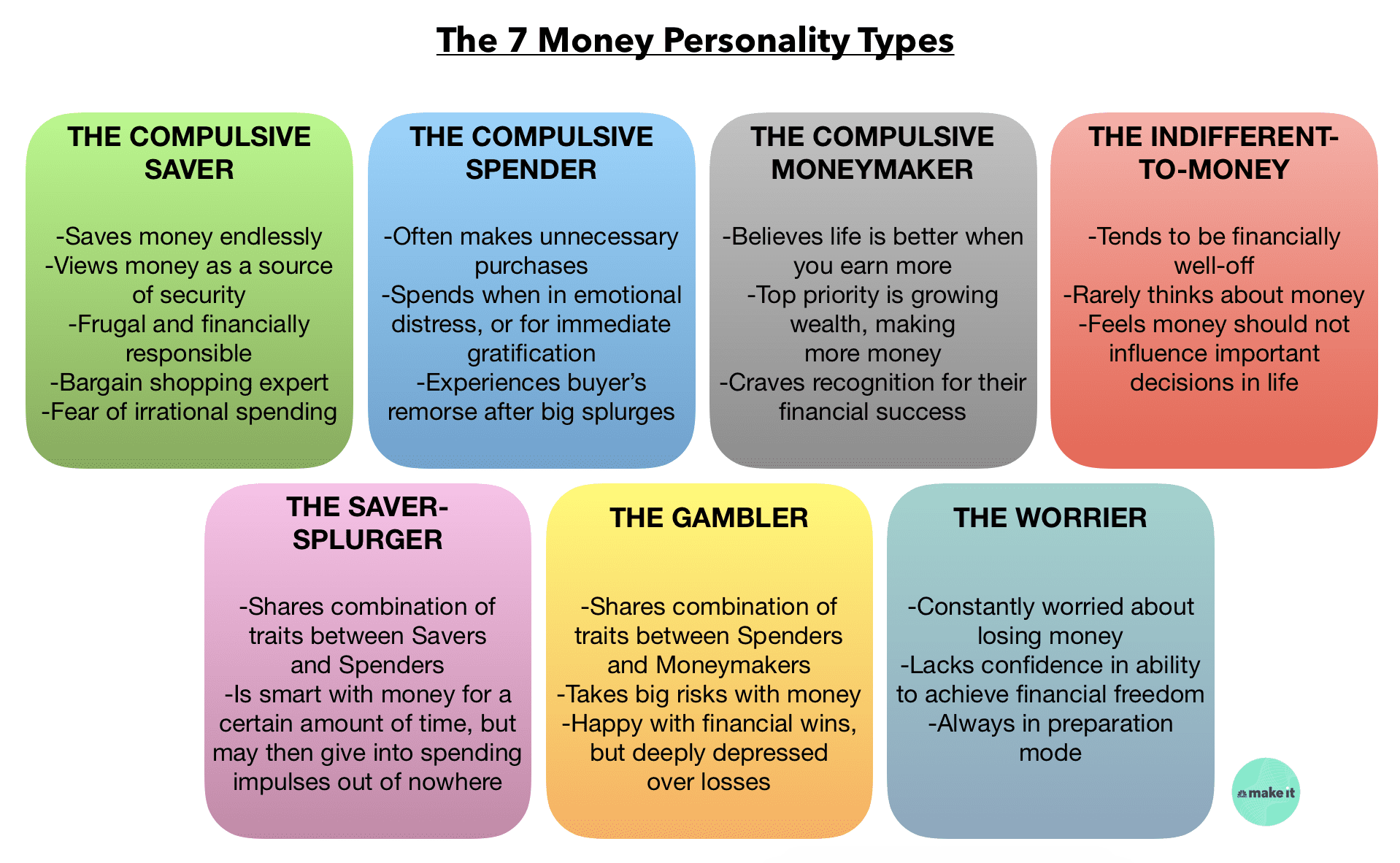 Their special talent: Researchers ask the overlooked questions that can avert a future impediment. This natural private eye knows the quickest way to the best resources and is the person everyone goes to with the most puzzling questions.
Their special talent: Researchers ask the overlooked questions that can avert a future impediment. This natural private eye knows the quickest way to the best resources and is the person everyone goes to with the most puzzling questions.
The expert
Most projects, especially in technology, need a subject matter expert. This is the person that possesses intimate knowledge in a field that your project encompasses. So, if you’re on the marketing team within a group that is working on new mobile software, you need a developer to go to who will explain the necessary technical details and offerings—and make sure you’re accurately representing the product in your messaging. Depending on the end goal, you might want to sign up for some designated experts to contribute to the project.
The planner
Planners are naturally self-motivated. They’re also driven to organize processes and give order to the world around them (good news for others working in their orbit).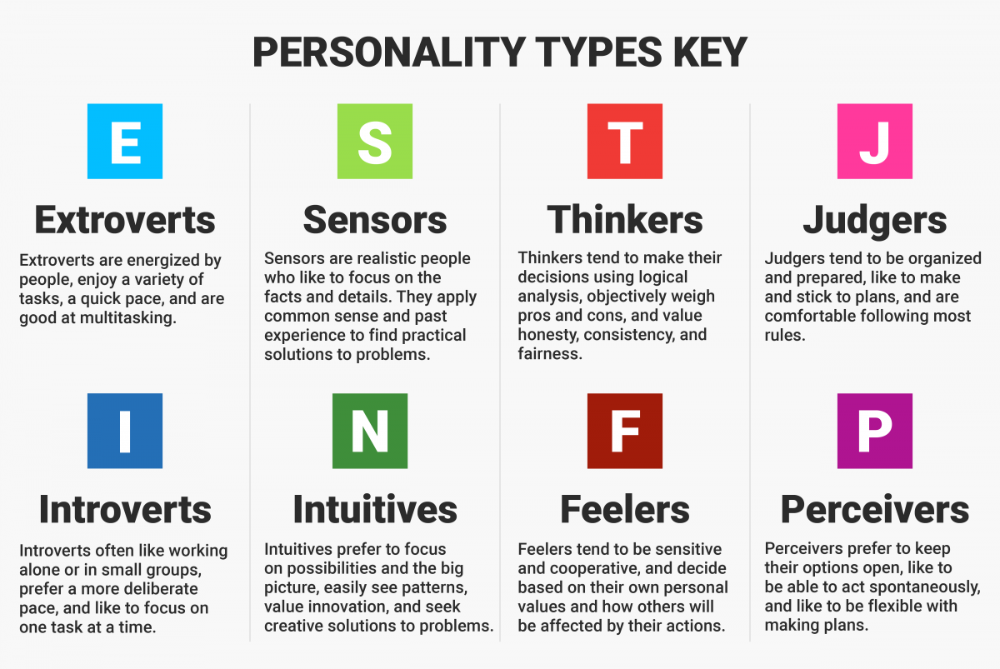 You don’t have to worry about planners being people-pleasers; they’re more dedicated to making decisions for the good of the project over winning a popularity contest. If you have a natural planner on your team, trust that their skills will deliver your project in the estimated period of time. Natural planners love lists, charts, and calendars. They’re punctual, able to see the curve in the road (and incoming curve balls) and often have strategies for improving a process or increasing team efficiency.
You don’t have to worry about planners being people-pleasers; they’re more dedicated to making decisions for the good of the project over winning a popularity contest. If you have a natural planner on your team, trust that their skills will deliver your project in the estimated period of time. Natural planners love lists, charts, and calendars. They’re punctual, able to see the curve in the road (and incoming curve balls) and often have strategies for improving a process or increasing team efficiency.
The creative
Creative types have a tendency to get caught up in their world of imagination, problem-solving, and conceptualizing. They might not always be the clearest communicators, diplomats or deadline-makers, but pair them with a savvy planner and you could almost spin gold! These creative types don’t just live in the likes of art and copywriting departments—they could be in accounting, sales, you name it. Every team benefits from a creative thinker in the group—someone who can deliver fresh ideas and solutions that let the team’s work stand out from the crowd.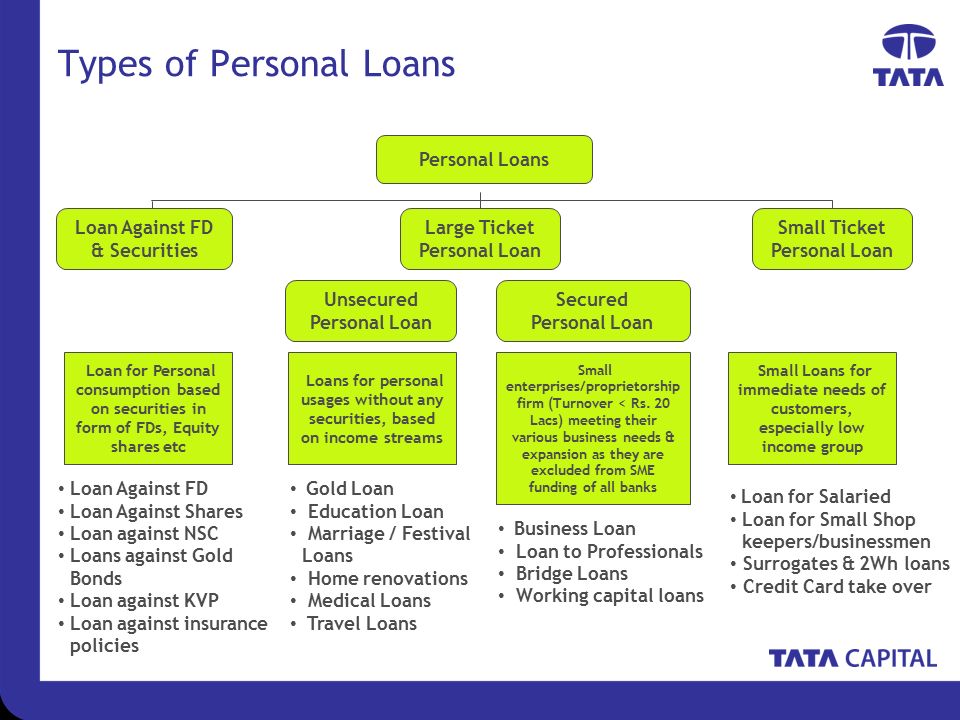
To spot a creative, look for the original thinker, the person willing to turn the status quo on its head and come up with a new approach to a long-standing goal.
The communicator
Communicators are often thought of as the salespeople, marketers, writers, and leaders. Those are communication jobs. We’re talking about the natural communicators—not just the talkative ones (that’s often part of it), but individuals who are naturally inclined to reach out to others and share information with the entire team. Communicators are also good at persuading just about anyone to jump on board and give the team the help it needs. Your communicator might be the person with the longest list of contacts and knows someone for just about anything you need.
Teams aren’t perfect universes, and we don’t always get to work in a group that has one of every one of these personality types. But recognizing people’s strengths (either on your existing team or while interviewing potential candidates) is a worthwhile first step in creating a well-rounded team.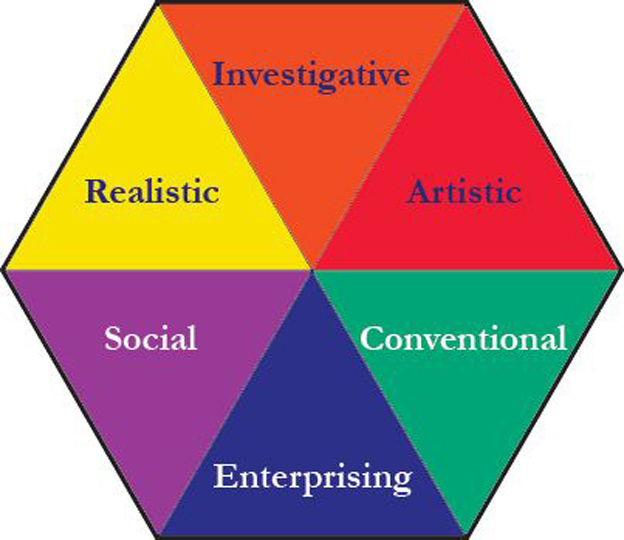
If you found this article helpful, there’s more. Learn how to take your project management skills to the next level. Download the eBook, 5 Practical Habits for Today’s Project Manager.
How Do Different Personalities Affect Teamwork? | Small Business
By Fraser Sherman Updated July 27, 2020
They say there's no "I" in team, but that's not really true. If six people form a project team, that's six "I's whose personalities affect how well the team works. Understanding how personality types impact team effectiveness helps you do a better job of forming and managing teams.
Tip
You recruit team members for their functional skills, but personalities are also important to success. An ideal team has a strong leader, someone to help build team relationships, and at least one person willing to question everyone's assumptions. Good management can forge a mix of personalities into a strong team.
Personality Types Impact Team Effectiveness
When choosing the team to tackle a new project, it's natural to think in terms of the skill set you need, such as sales, IT, marketing and team leader.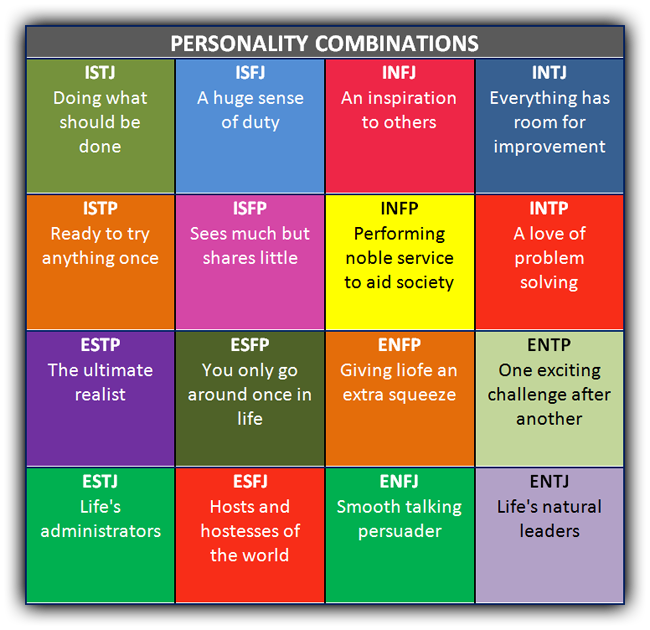 However, Harvard Business Review (HBR) advises that getting the mix of personalities just right is also important. This doesn't happen automatically. Even a team composed entirely of IT professionals may have different personalities and viewpoints.
However, Harvard Business Review (HBR) advises that getting the mix of personalities just right is also important. This doesn't happen automatically. Even a team composed entirely of IT professionals may have different personalities and viewpoints.
HBR says good teams involve a mix of several personality types:
- Self-confident, energetic staffers who are good at organizing and taking charge
- Diplomatic, warm individuals who care about other people's feelings and focus on relationships
- Detail-oriented, conscientious team members who are highly organized and follow the rules
- Imaginative, curious team members who want to innovate and shake things up
- Cautious, level-headed, practical thinkers who insist other people prove their ideas
The mix of personality types impacts team effectiveness. A team without any relationship builders won't bond well. A team with too many of that character type may place too high a priority on everyone getting along; too much harmony can mean nobody points out bad ideas and impossible deadlines.
There are many assessments of the right mix of personalities to make up an effective team. According to Inc., good team players share three personality traits: willingness to ask embarrassing questions, willingness to challenge others, and an ability to accept feedback. If the group members all share these personality types, team effectiveness benefits.
The Big Five Personality Traits
Another way to judge the effect of personality on teams is to look at what are called the big five personality traits. Florida Tech describes these five dimensions of human personality, summed up by the acronym OCEAN:
- Openness to experience. People who score high on this one are open to new ideas and approaches.
- Conscientiousness. High-scorers in this attribute are dependable, reliable, organized and self-controlled.
- Extroversion. Extroverts are social, assertive, socially confident and love interacting with people.
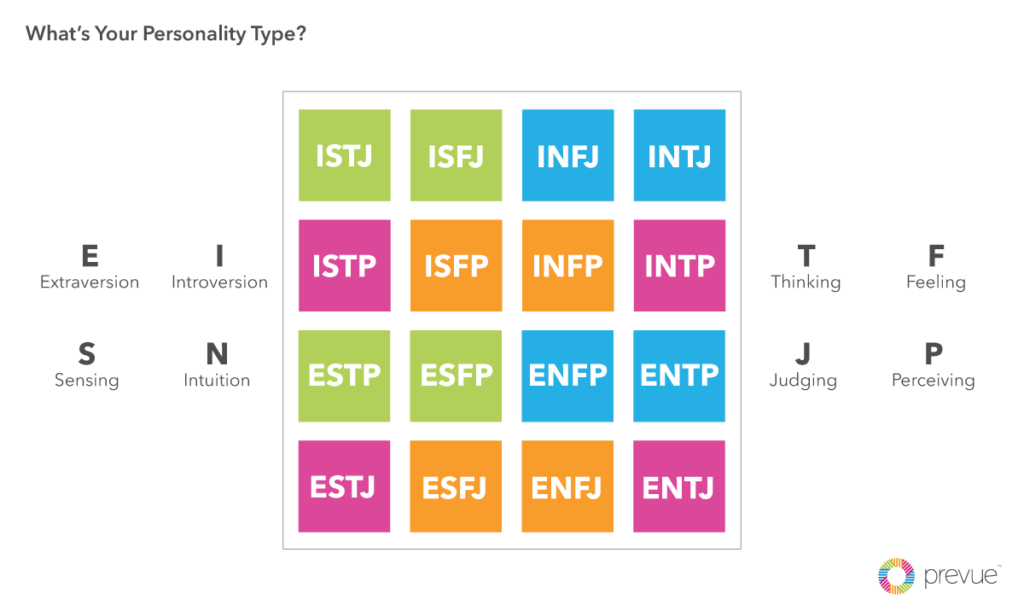 Introverts are more introspective; even if they have fun with others, they find it draining.
Introverts are more introspective; even if they have fun with others, they find it draining. - Agreeableness. The more agreeable you are, the more people like to hang with you. High scorers are popular, sympathetic and affectionate.
- Neuroticism. Scoring high in this one is a bad thing. It suggests someone prone to anxiety and sadness, unable to control their emotions, and probably suffering from low self-esteem.
Conscientious employees are skilled workers as they're continually striving to improve and master their fields. They make strong leaders, but they're not always flexible or creative. Extroverts also make good team leaders, but the trait doesn't lend itself to discipline and organization as conscientiousness does. You might want a team mix that includes an extrovert leader, a conscientious second-in-command, and someone high on agreeableness who can help the individual members bond into something larger.
Functional vs.
 Personal
PersonalFor small-business owners or project managers, this isn't a theoretical discussion. The goal of understanding how personality types impact team effectiveness is to make teams more effective. One of the ways to do this, the personality assessment specialists at Hogan Assessments say, is to understand the distinction between functional and psychological team roles.
The functional roles are the members' official duties: project manager, IT expert, researcher, gofer or note taker. The psychological ones are shaped by the members' personality types: the innovator who comes up with fresh ideas, the skeptic who demands proof, the by-the-book thinker who points out the limits of the budget, and the analyst who weighs pros and cons.
A mix of types is essential to an effective team, but the dissimilarity can work against them. An introvert researcher who wants to get everything right before presenting to the team may find the extrovert leader too pushy and demanding. If half the team consists of enthusiastic innovators determined to push the envelope and the other half scores high on caution and following the rulebook, it may be impossible for them to find common ground.
When most of the team share the same personality traits, problems occur. If most of the team values confrontation and ripping each other's ideas to shreds, introverts who need a supportive environment may keep quiet and not participate.
The Team Building Portal advises that the first step is to select potential team members based on their skills and how well they fit the functional roles. Then sift through them for the ones whose agreeableness, openness or conscientiousness make them a good fit. Some employees with valuable skills may not be great team players. When that happens, consider other character traits and aspects.
Managing Teams
Real life is rarely as efficient as management advice articles make it sound. It's entirely possible you won't be able to find a perfect mix of personalities and have to make do with the employees you have, according to Fast Company. Even if the personalities are compatible, you shouldn't sit back and assume they'll coalesce into a functioning team.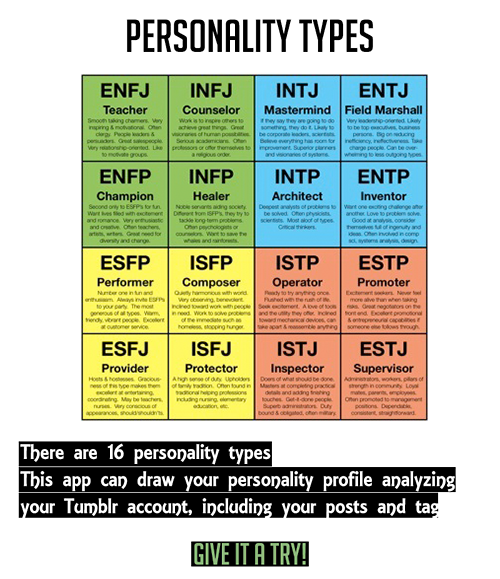
Learn the accepted norms of your team members. Some groups may want lots of personal conversation in team meetings while others are strictly business. Encouraging outliers to follow the norms helps them mesh with the team better.
- Don't let the team split into factions.
- Make sure dissenting opinions are heard. Keep critiques and criticism focused on the work, not the individual.
- Encourage civility, even when team members disagree.
- See that introverts get the chance to speak.
- See that everyone on the team has a clear understanding of their role.
- Keep everyone's eyes focused on the finish line. Don't let them forget the end game in the daily rush of details.
- Don't allow personal gossip, undermining, shaming or bullying. Those are death to the team spirit.
- See that every member does their share. It's essential everyone feels confident they can count on each other to contribute to the project.
The advantage of this approach is that it doesn't depend as much on having the right mix of personalities.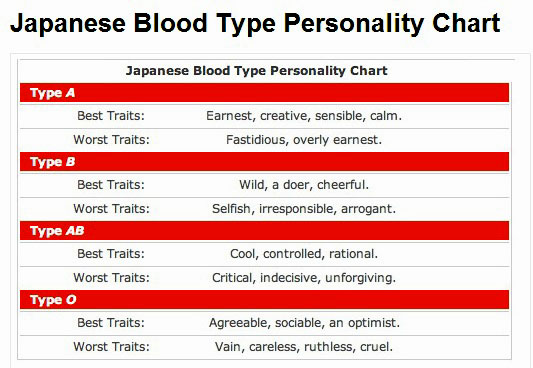 At a small company, you may not have many options for recruiting the team, so being able to steer a "wrong" mix into operating on shared norms is a valuable skill.
At a small company, you may not have many options for recruiting the team, so being able to steer a "wrong" mix into operating on shared norms is a valuable skill.
The concept of personality typology
2.05.2011
Personality as a general scientific and everyday term means:
- Individual as a subject of personal relationships and conscious activity;
- A stable system of socially significant personality traits that define an individual as a member of a particular community.
In psychology, the concept of personality means a certain core, a principle that unites the diverse mental processes of an individual and imparts the necessary consistency and stability to his behavior. Depending on what this beginning is specifically seen in, personality theories are divided into:
- psychobiological (W. Sheldon),
- biosocial (F.
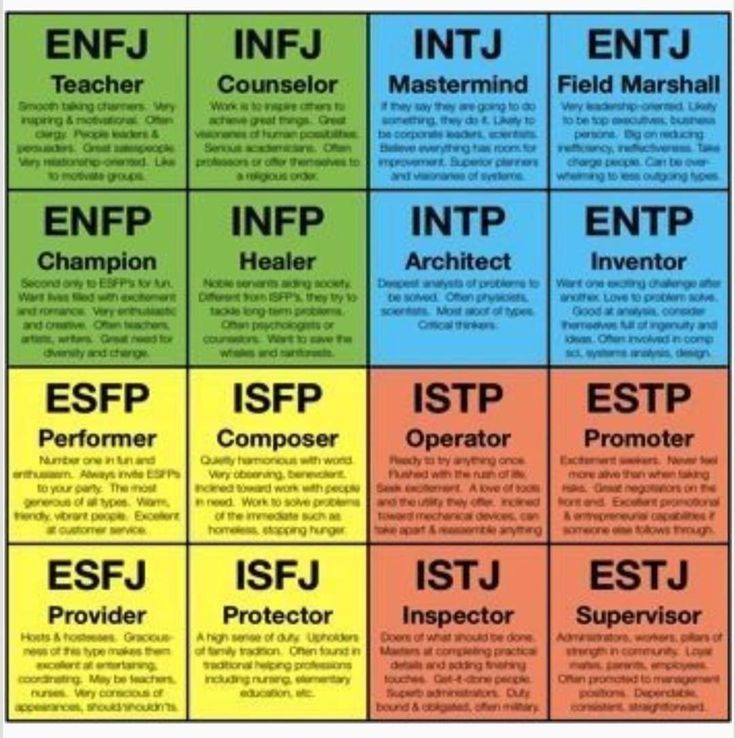 Allport, Carl Rogers),
Allport, Carl Rogers), - psychosocial {Alfred Adler, Karen Horney and other neo-Freudian),
- psychostatic ("factorial") - (R. Cattell, D. Aizvnk and others).
Based on the above theories, personality typology is carried out. There are specific historical personality types, ideal types that correspond to certain theoretical concepts, empirical groupings of the examined persons. In sociology, the identification and existence of various social personality types is associated with the features and characteristics of socio-economic formations (class, social group personality types). The category "socio-historical type of personality" is used to refer to some sets of personality characteristics, due to a particular historical era, the social structure of society; in Western psychology, typologies are common that take into account mainly personal indicators (properties and traits of individuals generated by their inherent orientations).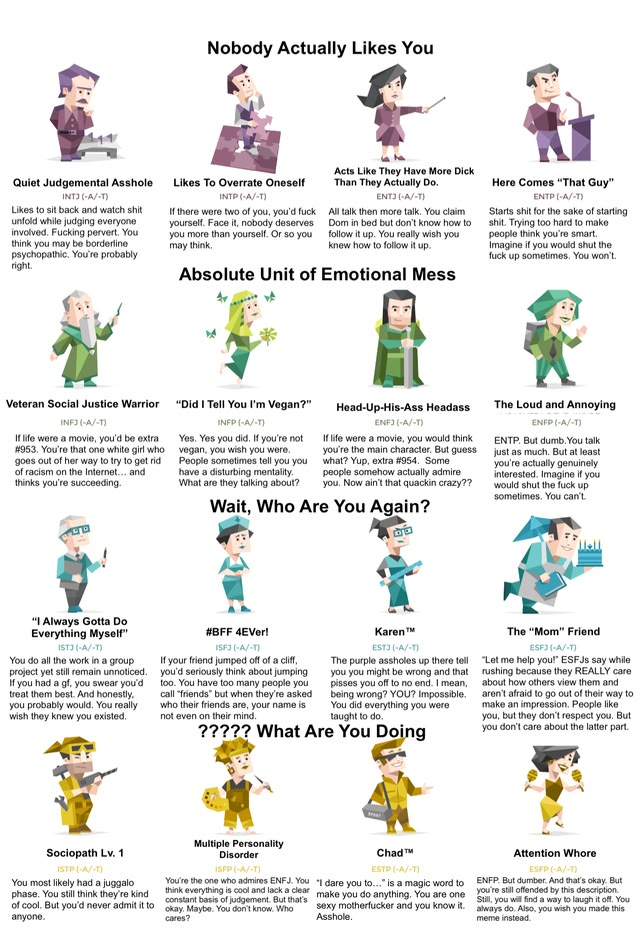 Such, for example, is the typology of Carl Jung, which includes personality types identified taking into account such features as sensitivity, thinking, experiencing evaluation, intuitiveness, extravertie or intraertive orientation.
Such, for example, is the typology of Carl Jung, which includes personality types identified taking into account such features as sensitivity, thinking, experiencing evaluation, intuitiveness, extravertie or intraertive orientation.
There is also a typology proposed by Erich Fromm, who distinguishes the following personality elements:
- hoarding,
- exchange orientation,
- perception,
- use etc.
Echoes of personological classifications can be identified in many socio-psychological typologies, in particular, when constructing a personality typology on the basis of personality conformity with respect to the norms of the group and society, the typology of personality orientation and controllability.
In empirical research, typologization is powerful - a certain grouping of subjects similar to a certain average image. The selection of many characteristics, indicators, personality traits, for example, through factor analysis, provides an opportunity to build a multidimensional space of features - a personal space.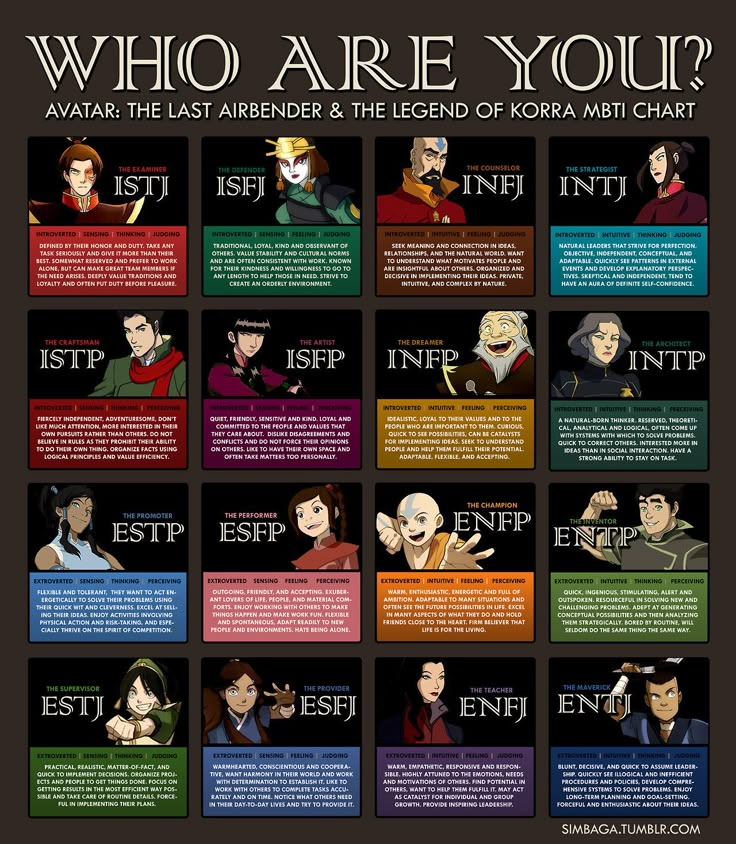 The appeal of psychologists to the problems of personality typology is forced by the need to predict its behavior and further development, the need to develop the most optimal options for its education and upbringing.
The appeal of psychologists to the problems of personality typology is forced by the need to predict its behavior and further development, the need to develop the most optimal options for its education and upbringing.
Key words: Personality
Source: T.L. Ryzhkovskaya. Fundamentals of psychology and pedagogy - Minsk.: Izd-vo MIU, 2010
| Related materials |
|---|
| The relationship between the mental development of the individual and its main activity Labunskaya V.A., Social psychology of personality in questions and answers, 1999 |
| Personality and culture Belinskaya E.P., Social psychology of personality |
| The structure of the mental properties of a person Enikeev M. |
| The concept of personality, its structure. Various concepts ... |
| Power as a property of a person and as an interpersonal relationship Frolov S.S., Sociology of Organizations |
| Attention and personality. Development of attention Shteinmets A.E., General psychology |
| Personal approach in psychotherapy B. Karvasarsky, Psychotherapeutic Encyclopedia |
| Psychodiagnostics of personality disorders ... |
Personality types and teamwork / Sudo Null IT News
There are two types of personality according to how they answer themselves to the question of why there is a difference between how the world should be for the author of the question to himself and how this world is.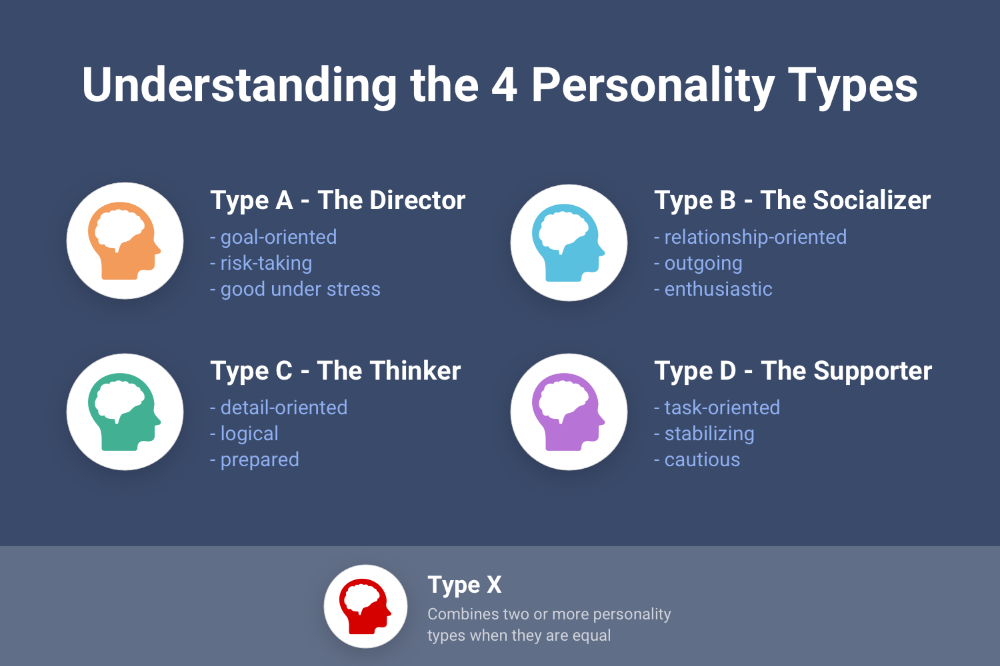 What is the root of the problem between "want" and "eat"?
What is the root of the problem between "want" and "eat"?
Some answer that the problem is "in the world", others answer that the problem is "in me".
The former are psychotics, the latter are neurotics. An acute experience of the inconsistency of the world with the desired in psychotics is called psychosis, an acute experience of the inconsistency of the world with the desired in neurotics is called neurosis. These are different states with the same trigger.
There is a borderline state between them - that's what is called "borderline".
In total there are psychotics, border guards and neurotics
Stress of psychotics "there is a problem in the world", stress of neurotics "there is a problem in me", stress of border guards "I attached myself to the wrong social team/group. I attached myself to the losers."
In childhood, everyone is an infant. Infants have not formed the subjectivity of the surrounding world, the whole world is objective.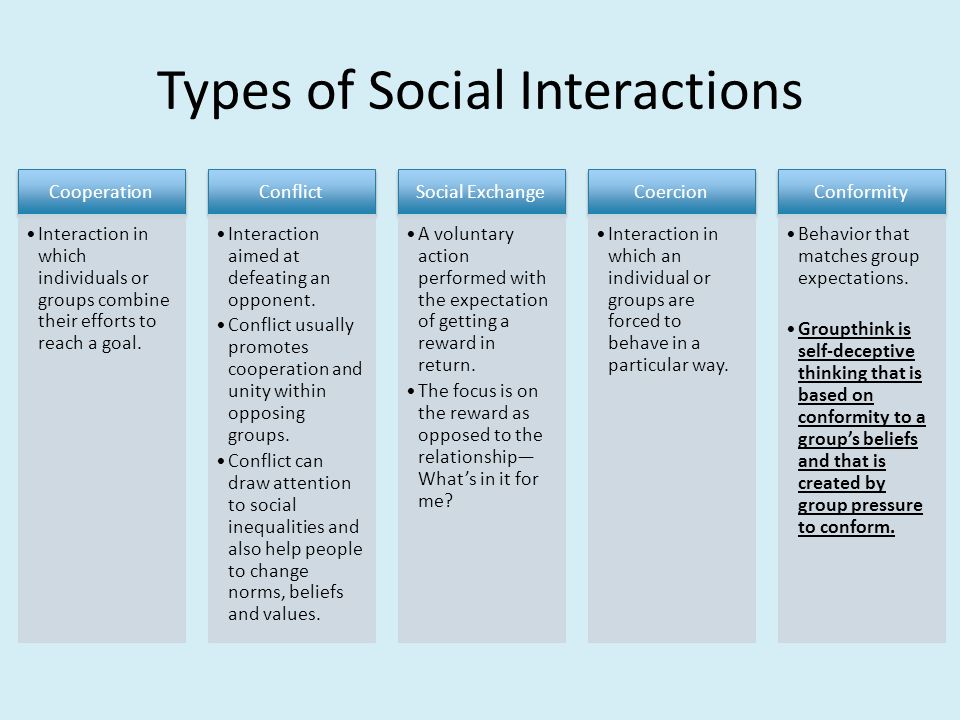 Children play with dolls, dolls want to eat when "mother" puts them at the table, play when "mother" plays with them. The fact that the chrysalis may have its own plans "mother" does not suggest.
Children play with dolls, dolls want to eat when "mother" puts them at the table, play when "mother" plays with them. The fact that the chrysalis may have its own plans "mother" does not suggest.
When an infant encounters the real subjectivity of the objects with which he interacts, he forms the experience of interactions. negative interactions. Pasha does not give the ball, the teacher does not put the "five", the mother does not allow to walk. Or positive interactions. Pasha gave the ball.
Infants with predominant experience of victories will be more likely to be psychotic. Infants with a predominant experience of defeat will be more likely to be neurotic.
Psychotics can be psychopaths if they cannot achieve victories in a socially approved way.
Neurotics will bring themselves to forms of suicide if they cannot adapt themselves to the world.
Teams
Psychotics clearly imagine the world that suits them. They have the experience of victories, they do not doubt themselves.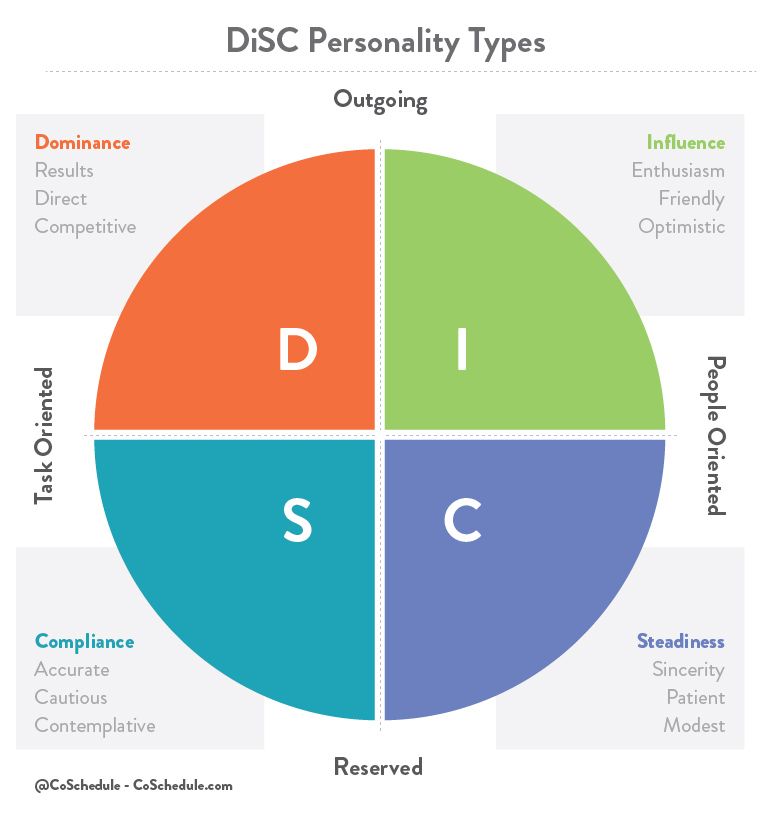 To neurotics, psychotics seem healthy from neurosis. The neurotics join the psychotics and mentally burden the psychotics with a fictitious responsibility for their existence. Neurotics almost always join psychotics in low positions. neurotics have low self-esteem, and psychotics have high self-esteem. The union of psychotics and neurotics seems promising to the border guards, and they join it.
To neurotics, psychotics seem healthy from neurosis. The neurotics join the psychotics and mentally burden the psychotics with a fictitious responsibility for their existence. Neurotics almost always join psychotics in low positions. neurotics have low self-esteem, and psychotics have high self-esteem. The union of psychotics and neurotics seems promising to the border guards, and they join it.
Roles
Psychotic forms his own picture of the future, neurotics join it, because they do not have their own positive picture, border guards expand their boundaries of presence and their rights. Border guards are local dominators, having experience of adaptation to defeats and experience of victories, they know how to be close to submissive neurotics, they can win over, show care. But once the roles are set, the keys will be picked up - the border guards turn on dominance.
A true psychotic is more or less indifferent to whether someone listens to him or not. He goes to his world, not caring about the existence of followers.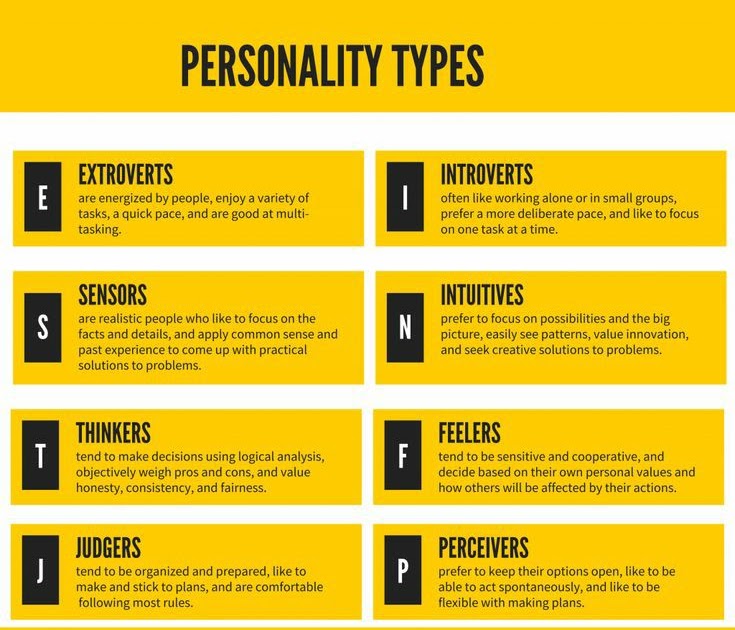
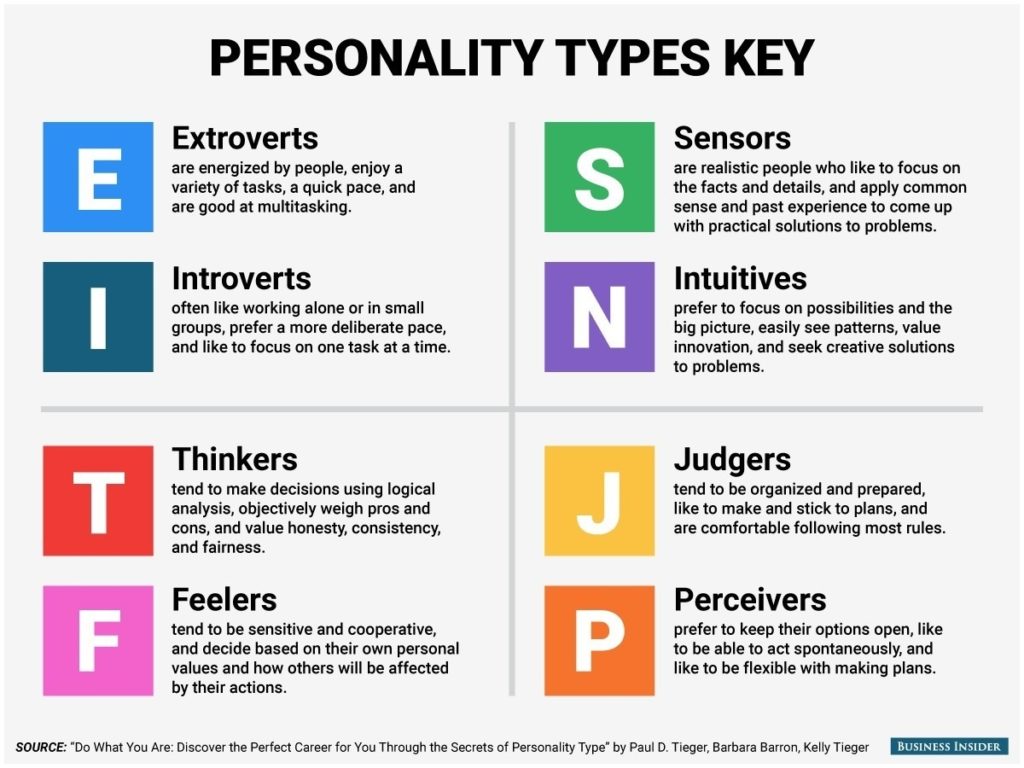 I., General and social psychology
I., General and social psychology 

